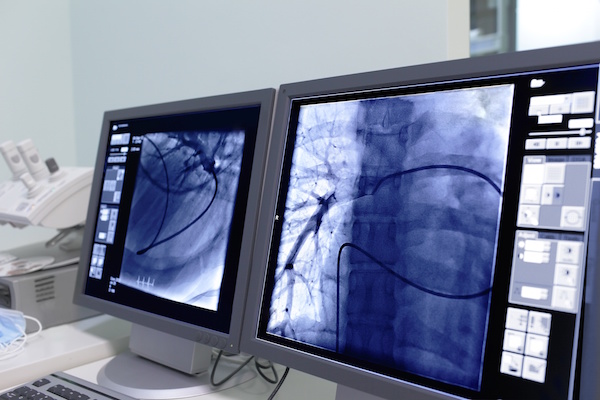
THURSDAY, May 31 (HealthDay News) — When men are diagnosed with cancer they receive very different information about their future fertility than women, new Scottish research says.
“Our study has demonstrated significant gaps in the information provided to young women diagnosed with cancer and suggests the need for an early appointment with a fertility expert,” study co-author Valerie Peddie, a fertility nurse specialist and research midwife at the School of Medicine and Dentistry at the University of Aberdeen, said in a news release.
Researchers interviewed 16 men and 18 women ranging in age from 17 to 49 who recently had been diagnosed with cancer. The participants were questioned about their understanding of their diagnosis, their prognosis and their future reproductive options, as well as their perceptions of the quality of their care.
In addition, 15 cancer-treatment professionals were asked their opinions of their patients’ priorities, the information given to younger people with cancer and their patients’ understanding of their treatment options and how each option might affect fertility.
The study, published May 30 in BJOG: An International Journal of Obstetrics and Gynaecology, revealed that nearly all of the patients were provided with written information on their cancer treatment. This information included a small section on fertility preservation.
The researchers also found, however, that the information male patients were given regarding their future fertility was different than the information given to female patients.
All men — even those with children — were encouraged to consider storing their sperm, and most had a discussion about sperm banking, the study showed. In contrast, only a few women recalled any discussion about preserving their fertility.
The researchers found that the health professionals interviewed said treatment issues take precedence over future fertility issues. The health professionals also believed sufficient information regarding fertility was given at the time of the women’s initial diagnosis, and their fertility wouldn’t be affected if treatment with first-line drugs was successful.
“It has been widely argued that at the time of diagnosis, patients should be provided with accurate information about the potential risk of impaired fertility after treatment for cancer,” Peddie said. “However, in reality, the immediate emphasis is often on treatment, with little time available to discuss future fertility or options for fertility preservation.”
The study authors noted that more research involving a larger population is needed.
More information
The American Cancer Society provides more information on cancer and fertility.

